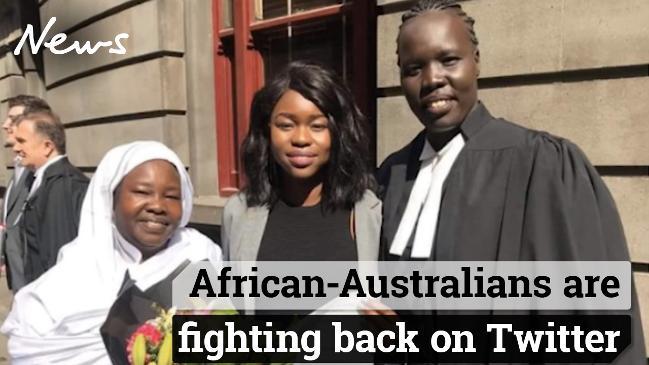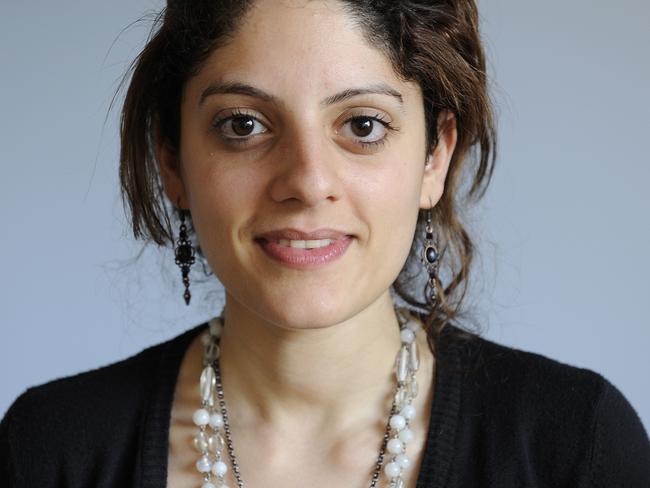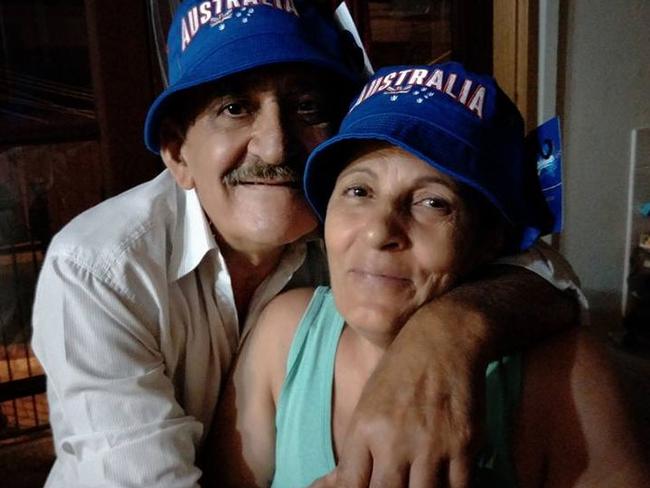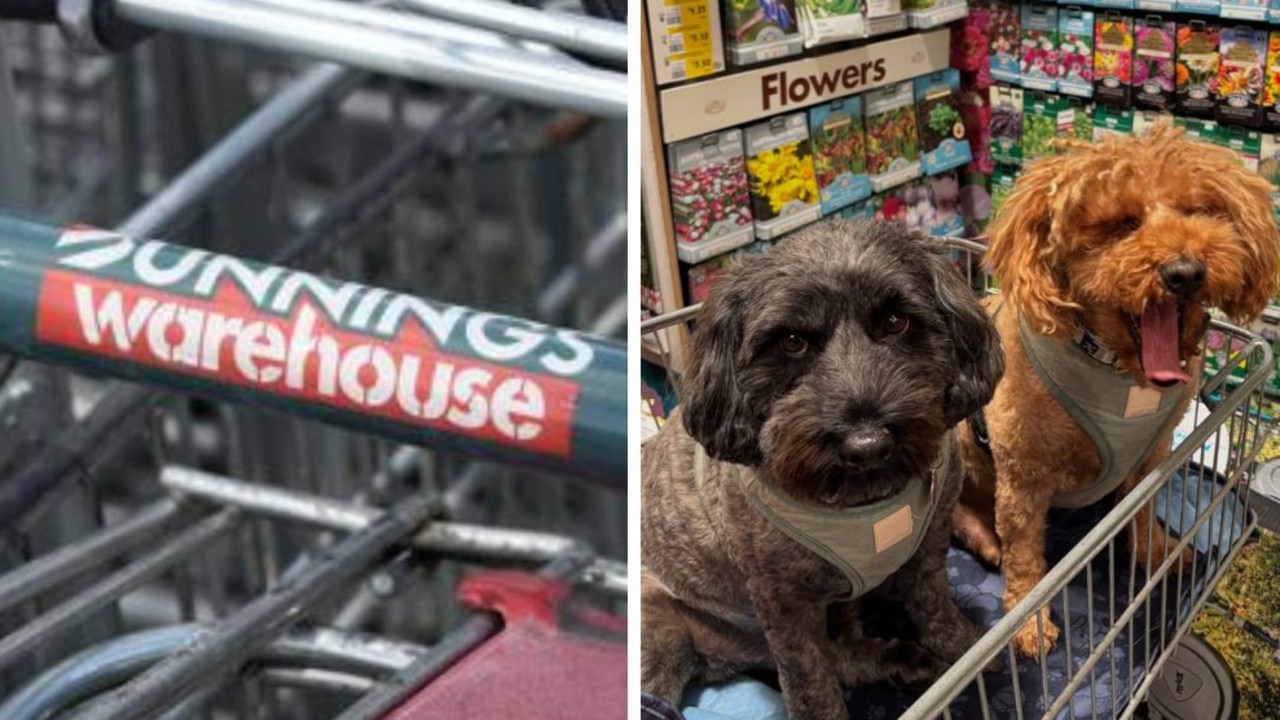Migrants shouldn’t have to change their name to ‘fit in’
AUSTRALIA sees itself as a fair-go type place, but that’s not always the reality. I found this out when I changed my name.

TWENTY four. That’s how many jobs I applied for — and never heard back from — when I finished university in 2006.
Five. That is how many jobs I applied for and received replies when I finished university in 2006 — after I changed my surname from Habib to Habit when applying.
Names, especially within many multicultural communities, are wrapped in history and identity. An identity that has shaped who they are and how they came to be where they are today.
For me my name, especially my surname, signifies how far my family has come to build a new life and the strength and determination that comes with it.
Basma is my mother’s name. The name her mother and father gave her when she was born in a small village in Lebanon. It’s the name everyone in village back home knows her as. The name her brothers and sisters call her. Beth is what people in Australia call her.

“First they just thought that’s what I said and called me that, after a while I was like, whatever,” she said to me when I noticed people calling her Beth the other day.
Don’t get me wrong, I see the practicality in it, not having to spell out your name to people you just met, or be called by the wrong name over and over again. I have been witness to many people trying to pronounce “ethnic” names. But that’s the key. They try. They try until they get it right.
I used to be very indifferent to people mispronouncing my family’s names or the names of my ethnic friends. Even in the early stages of the blatant racial discrimination I had experienced first-hand when I changed my name on job applications, I was still apathetic to the other side. I even went so far as to defend their position: “Oh I get it, I might have done the same thing,” I would say to my friends or, “it’s a sensitive time”.
Little did I realise how absurd I was being by rationalising discrimination — and that “sensitive time” following September 11, 2001, had no expiry date, nor will it ever have one.
Yasmine Lewis is a young spoken word poet who has been performing in Bankstown and, by chance, I heard her set. A set that addressed the prolific anglicising of migrants’ names. It was an ode to grandparents Fuat and Sakarya, who called themselves Frank and Sue.

The line that really got to me and to this day remains with me is: “If they can pronounce Joffrey. If they can pronounce Arya, Tyrion, Sansa and Daenerys. Hargrid, Hermione, Dumbledore and Voldemort … they can pronounce your name.” Fictional characters are given more respect than genuine people.
I spoke to Sydney University’s Christine Inglis, the former Director of the Multicultural and Migration Research Centre, about the anglicising of migrant names and the prejudice that seems to follow certain names, especially when applying for jobs.
Professor Inglis said while there was a level of ease and practicality to migrants changing their names, she had also come across ethnic men and women who had changed their names at one point of their lives and had felt a sense of loss.
While mentioning how much better the situation was now compared to how it would have been 60 years ago, because increased multiculturalism, she did speak about the need for both formal and informal education when it came to alleviating racial discrimination around names.
Next time you come across someone with a name that sounds foreign to you, instead of giving up, give it a red-hot try. You might be the change Australia needs.




